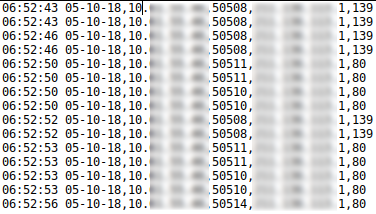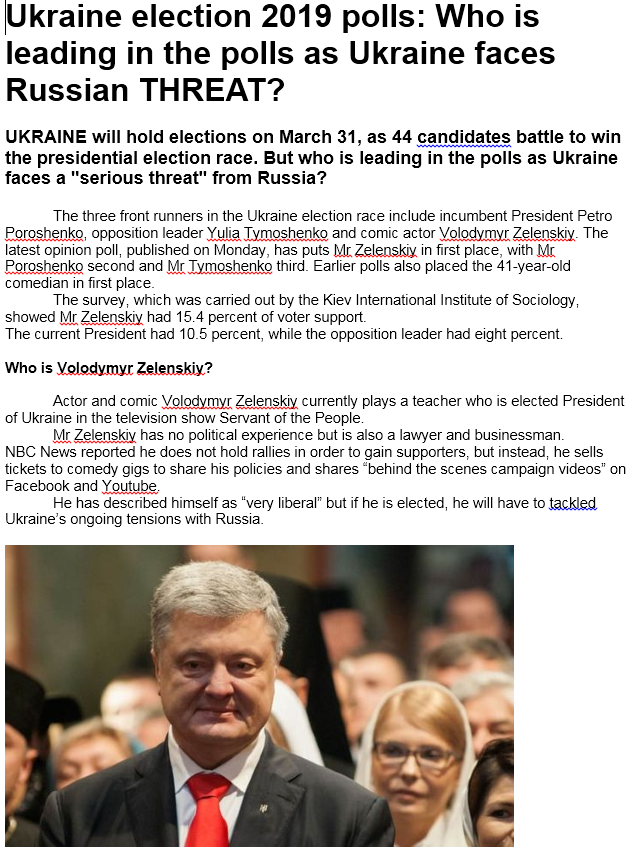Typical autumn day, through the window you can only see a gray sky. It is the typical day in which you believe that nothing strange is going to happen. Suddenly, our surveillance system alerts anomalous connections: a user has tried to connect against IP addresses of unknown origin. These IP addresses are public and, according to the configuration established in the organization, any HTTP connection to the outside must pass through a proxy.

The connections are searched in the proxy logs and are not found, so this user has tried to connect directly, ignoring the configuration of the system. [Read more…]

 This is the minimum required by the National Center for the Protection of Critical Infrastructures, in response to meetings held and emails exchanged with different operators.
This is the minimum required by the National Center for the Protection of Critical Infrastructures, in response to meetings held and emails exchanged with different operators.